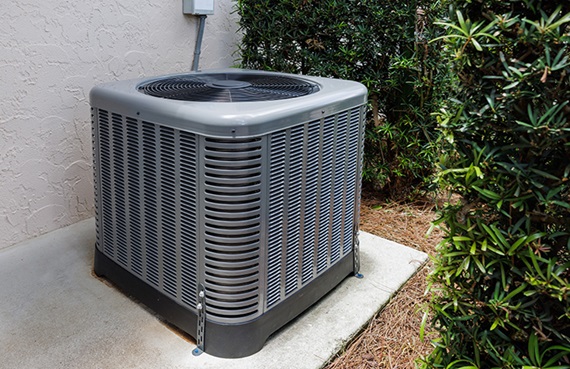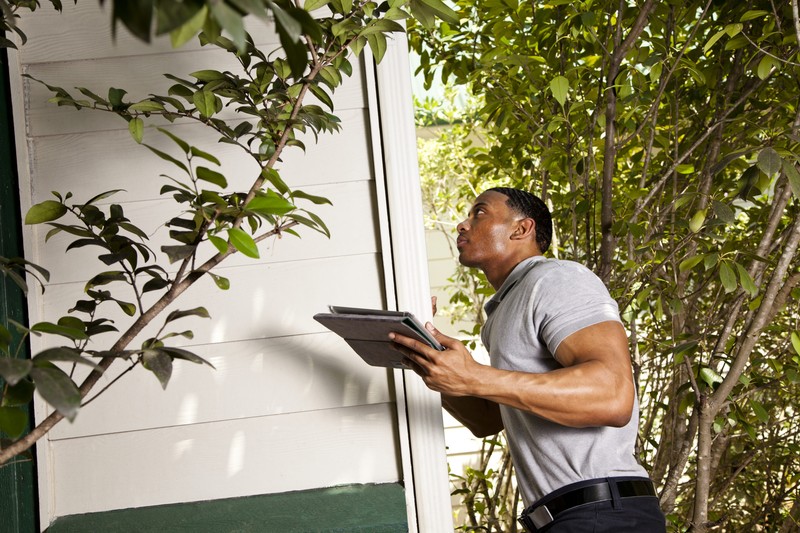When it comes to making your home or office more energy-efficient and eco-friendly, one of the most important decisions you’ll make is choosing an eco-friendly HVAC system. Not only can it help reduce your carbon footprint, but it can also lead to significant savings on your energy bills. But how do you choose the right system? Here are some essential factors to consider when selecting an eco-friendly HVAC system for your property.
1. Consider Energy Efficiency Ratings
Energy efficiency is a key factor when choosing an eco-friendly HVAC system. Look for systems with high Seasonal Energy Efficiency Ratios (SEER) or Heating Seasonal Performance Factor (HSPF) ratings. These ratings indicate how well the system performs over time, with higher ratings representing greater efficiency. For instance, an ENERGY STAR® certified HVAC system meets strict energy efficiency guidelines set by the U.S. Environmental Protection Agency (EPA) and can save you money while reducing your environmental impact.
2. Opt for a Heat Pump System
Heat pumps are a popular choice for eco-friendly HVAC systems. Unlike traditional heating and cooling systems that rely on burning fuel, heat pumps transfer heat between the indoors and outdoors. In winter, they extract heat from the outside air and bring it inside, and in summer, they reverse the process to cool your home. Since heat pumps don’t burn fossil fuels, they are highly energy-efficient and environmentally friendly. Additionally, they work well in a variety of climates, making them an excellent choice for many homeowners.
3. Consider the Type of Refrigerant Used
Many traditional HVAC systems use refrigerants that are harmful to the environment, contributing to ozone depletion and climate change. When selecting a new system, look for one that uses a more eco-friendly refrigerant, such as R-410A or R-32, which have a lower Global Warming Potential (GWP) compared to older refrigerants like R-22. These newer refrigerants are better for the environment and will help reduce your system’s environmental impact.
4. Choose a System with Smart Technology
Modern HVAC systems come with smart technology that allows you to control the temperature of your home remotely. Features like programmable thermostats, zone control, and Wi-Fi connectivity help you optimize energy usage and avoid overworking your system. By using smart technology, you can schedule your HVAC system to run only when necessary, further reducing energy consumption and increasing efficiency.
5. Maintenance and Longevity
The longevity of an HVAC system also contributes to its eco-friendliness. A well-maintained system will last longer and operate more efficiently, reducing the need for frequent replacements. Regular maintenance, such as cleaning air filters, checking refrigerant levels, and ensuring the system is running at peak performance, can help extend the life of your HVAC unit and reduce its environmental impact.
Final Thoughts
Choosing an eco-friendly HVAC system is a smart investment for both your home and the planet. By selecting a system with high energy efficiency, low environmental impact, and advanced features, you can enjoy consistent comfort while saving money and reducing your carbon footprint.
If you’re ready to upgrade to an eco-friendly HVAC system, contact Mannix Heating & Cooling today. Our experts can help you choose the best system for your needs and ensure a smooth installation process. Let’s work together to create a more sustainable and energy-efficient future!
This article was written by a professional at https://mannixhvac.com/, a trusted name in HVAC solutions since 2010. Founded by Jerry Mannix, a seasoned expert with over 30 years of experience, Mannix Heating & Cooling is dedicated to putting customers first, providing honest assessments, and delivering top-quality heating and cooling services. With a team of skilled technicians and a commitment to excellence, Mannix ensures your home stays comfortable year-round.






